Let's stipulate from the start that the New York Times story on President Trump's alleged interaction with then-FBI Director James Comey earlier this year raises serious concerns about undue political interference in a criminal investigation. As I wrote last night, Congress should demand to see the memo in question (Fox News confirmed its existence), and Comey must be called to testify about it under oath. Both outcomes have already been set in motion. And while they're at it, Congress should review any and all Comey memos describing his interactions with Trump. Questions: Did the former FBI chief keep similar records of his meetings with high-ranking members of the last administration? Might those be of interest, too? Obvious initial questions for Comey would include authenticating the reported memo, asking how he perceived Trump's overtures on the Flynn probe at the time -- and, if he felt there was a genuine attempt to obstruct the Bureau's work, why didn't he blow the whistle immediately and resign? We don't have any of those answers yet, which is why impeachment talk is premature, to say the least.
Former federal prosecutor Andy McCarthy, whose work and insights are often invaluable, takes inventory of the situation at hand and offers some worthwhile observations in a new column. Like me, he believes that "it is not frivolous to infer that Trump’s statement to Comey was a veiled order" (after all, Trump was an extremely powerful boss making his wishes quite clear to a subordinate), and that discussions about potential obstruction of justice are "legitimate:"
In light of what I’ve previously contended (viz., that obstruction of justice is a concept irrelevant to a counterintelligence investigation), I must note here that concerns about obstruction of justice in the context of the reported Trump-Comey conversation are legitimate. That is because the conversation does not directly relate to the so-called Russia investigation, which Comey has explained is a counterintelligence inquiry regarding Kremlin interference in the 2016 election. Rather, Trump and Comey were speaking about a criminal investigation of Flynn, ancillary to but separate from the Russia investigation. We are informed that a grand jury in Virginia is considering evidence of transactions involving Flynn, although it is not clear that this was the case on February 14, when Trump and Comey spoke.
I've seen a number of people suggesting the the FBI had already "cleared" Flynn, so all of this is a moot issue. That's not quite right. Investigators did review his communications with Russian officials during the transition (lying about which eventually led to Flynn's resignation), but "found nothing illicit," according to the Washington Post. But as McCarthy notes, Flynn is also the subject of an active criminal investigation regarding possible financial ties to foreign governments and related disclosure issues. "Ancillary to, but separate," per McCarthy's apt description. He goes on to make two major points. First, the context of the alleged private conversation between Trump and Comey matters a lot, and the fact that Comey didn't immediately resign in protest may be an indication that Trump's cajoling, while highly suspect, didn't rise to the level of criminality:
Recommended
There is good reason to believe veiled orders, while inappropriate, are not criminal — i.e., they do not rise to the level of prosecutable obstruction of justice. Obstruction can be a tough crime to prove. It is necessary to establish, beyond a reasonable doubt, that the suspect acted corruptly in impeding or influencing a criminal investigation. That means acting with knowledge that one’s conduct was unlawful, and with a specific intent to undermine the truth-seeking function. Context is critical, and we don’t have it. All we know is that Trump hoped the criminal investigation would be dropped — but again, did not order it to be dropped — and vouched for Flynn’s character. That may have been inappropriate under the circumstances, but it was not corrupt. Comey surely found it awkward, but he clearly did not perceive it as obstruction. The former director is a highly experienced and meritoriously decorated former prosecutor and investigator. He knows what obstruction of justice is. And the Jim Comey I’ve known for 30 years would not stand for political interference in law enforcement. If he had understood Trump’s remarks as a directive or, worse, a threat, he would have resigned. It is not enough to say that he did not resign. Unlike the investigation of Mrs. Clinton, the investigation of Flynn has continued. Plus, Comey does not appear to have indicated to his subordinates, to his Justice Department superiors, or to Congress that he felt threatened.
I'm not sure I'd agree that it's "clear" that Comey didn't perceive obstruction. As others have speculated, there's a distinct possibility that Comey was trying to assess Trump's intentions over time, possibly with an eye toward proving obstruction. Josh Barro surmises that the president's decision to fire Comey, potentially out of retaliation, might be the 'smoking gun' action that makes a criminal case easier to make. Regardless, it is safe to say that the private discussion was not unto itself sufficient proof of obstruction in Comey's mind. Helpfully, we'll learn more about his thought process when he testifies. The second point is that if Trump's statements were tantamount to "veiled orders," did President Obama do something similar by telegraphing his 'analysis' (easily understood to be his preference) of the Clinton email matter while that probe was still ongoing? Let's recall together:
“I don’t think it posed a national security problem,” Mr. Obama said Sunday on CBS’s “60 Minutes.” He said it had been a mistake for Mrs. Clinton to use a private email account when she was secretary of state, but his conclusion was unmistakable: “This is not a situation in which America’s national security was endangered.” Those statements angered F.B.I. agents who have been working for months to determine whether Mrs. Clinton’s email setup did in fact put any of the nation’s secrets at risk, according to current and former law enforcement officials.
While agents were still reviewing evidence, Obama announced on national television that it was his conclusion that Clinton's conduct didn't endanger US national security (a very dubious verdict, in light of revelation after revelation after revelation after revelation). The big boss in convinced this is nothing -- cough, cough -- he made clear. Adjust accordingly, he didn't explicitly add. The New York Times reported that Obama's comments upset some within the FBI, and many conservatives (including yours truly) were harshly critical of the president's apparent meddlesome pressure. We also expressed anger over reports that some DOJ officials were exerting pressure to "stand down" on Clinton-related proves, and that former Attorney General Loretta Lynch (who'd supposedly quasi-recused herself from the decision-making process on these matters) urged Comey not to disclose his re-opened investigation to Congress in October. Obama and company wanted Hillary Clinton to be the next president. The former president literally broadcast his assertion that her gross negligence wasn't that serious, and subordinates allegedly worked behind the scenes to limit the scope of the FBI investigation's political damage to Clinton. Does that all add up to obstruction? If not, why not?
I see two differences: (1) Obama was asked about Clinton's situation in a public setting and gave an answer. Trump, by contrast, allegedly made a private, one-on-one appeal directly to the man in charge of the Flynn probe, after asking that

















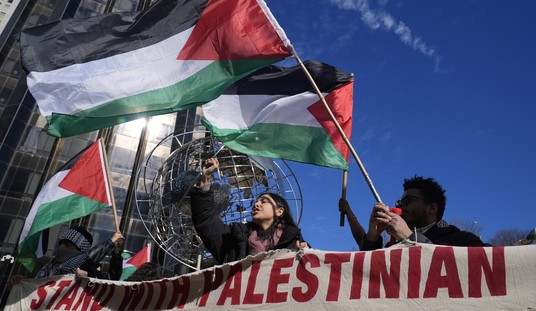
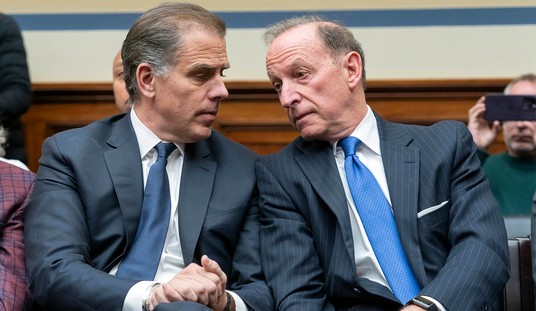
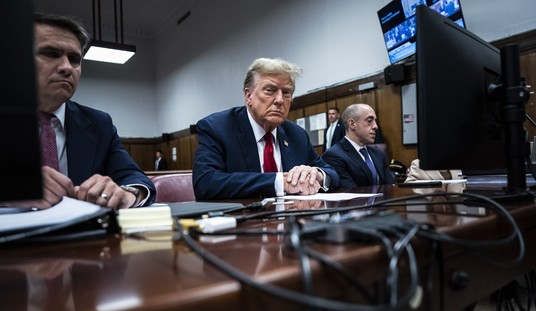
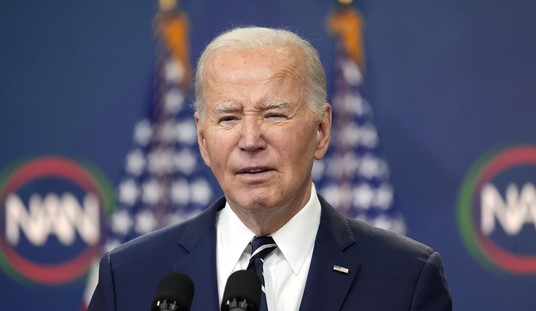
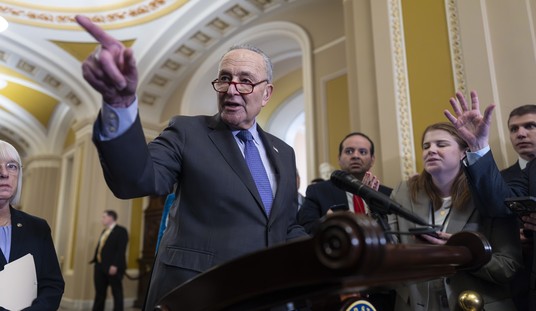
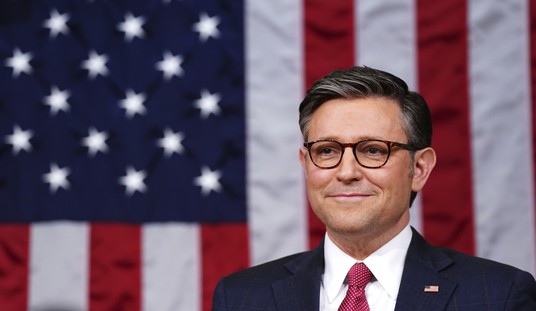

Join the conversation as a VIP Member